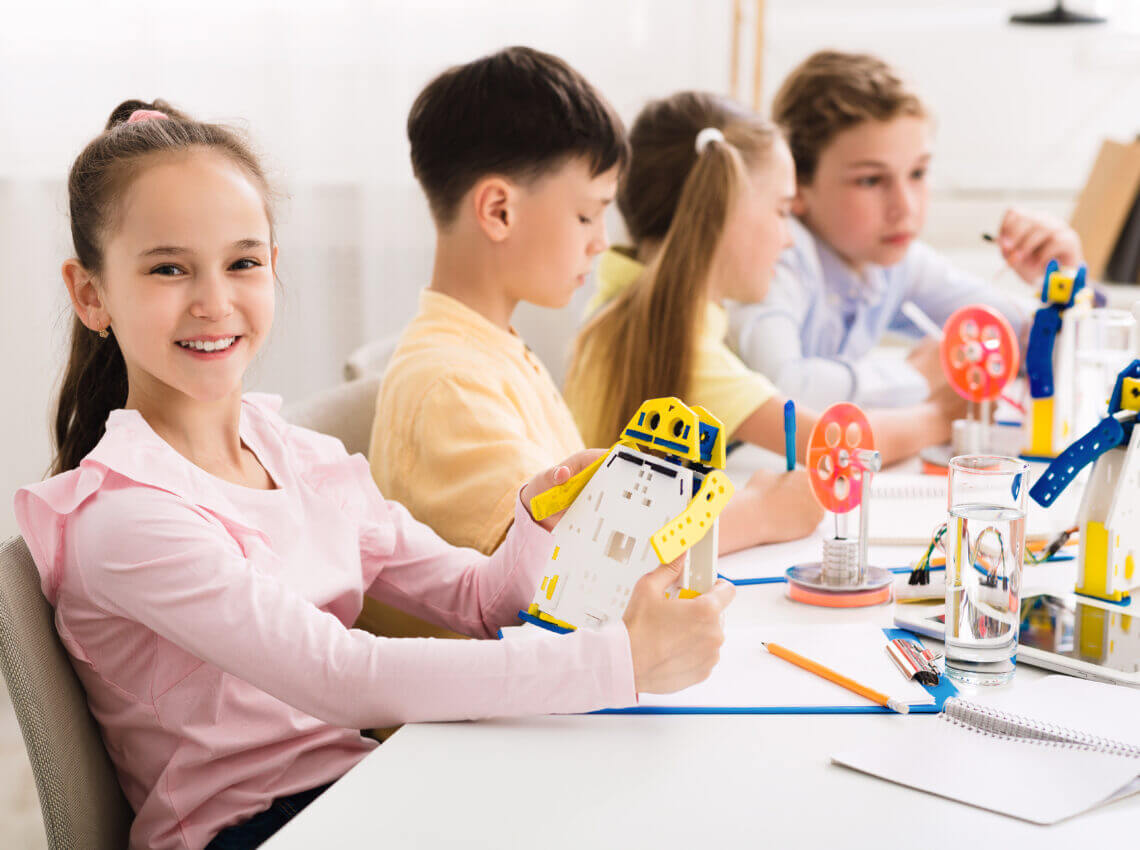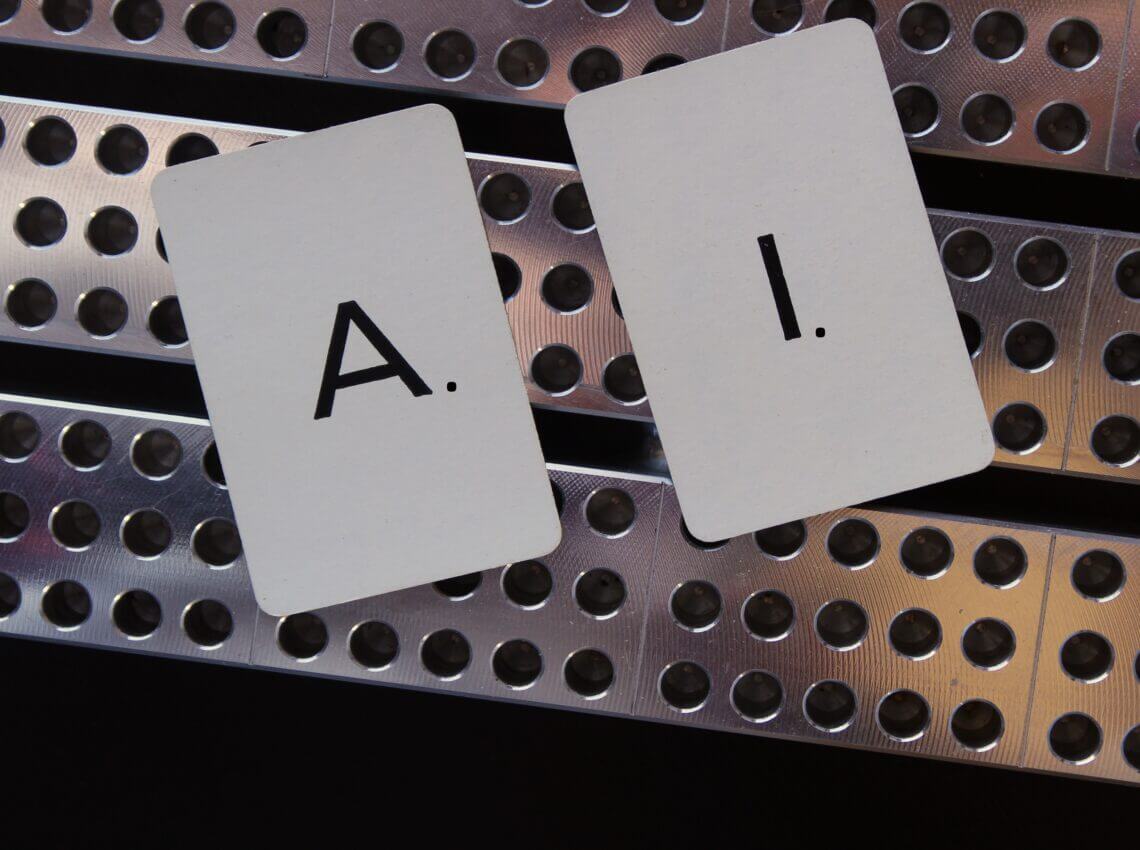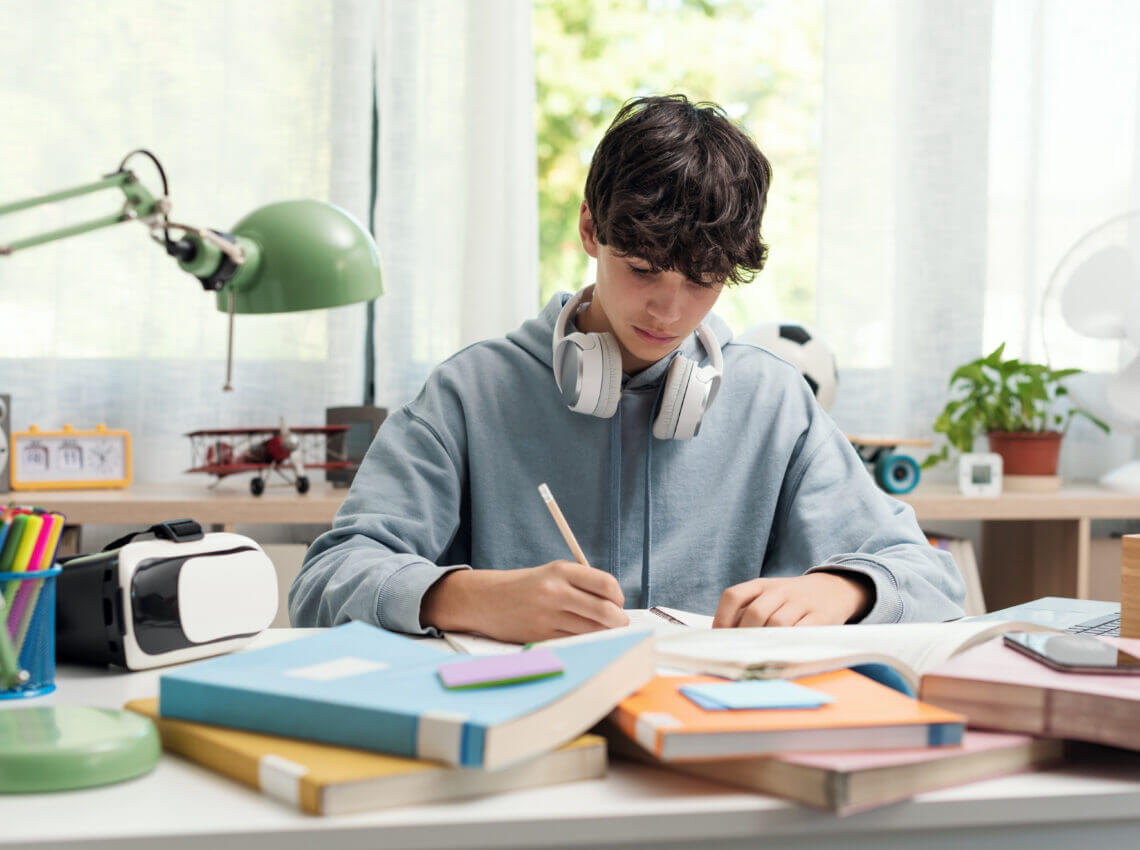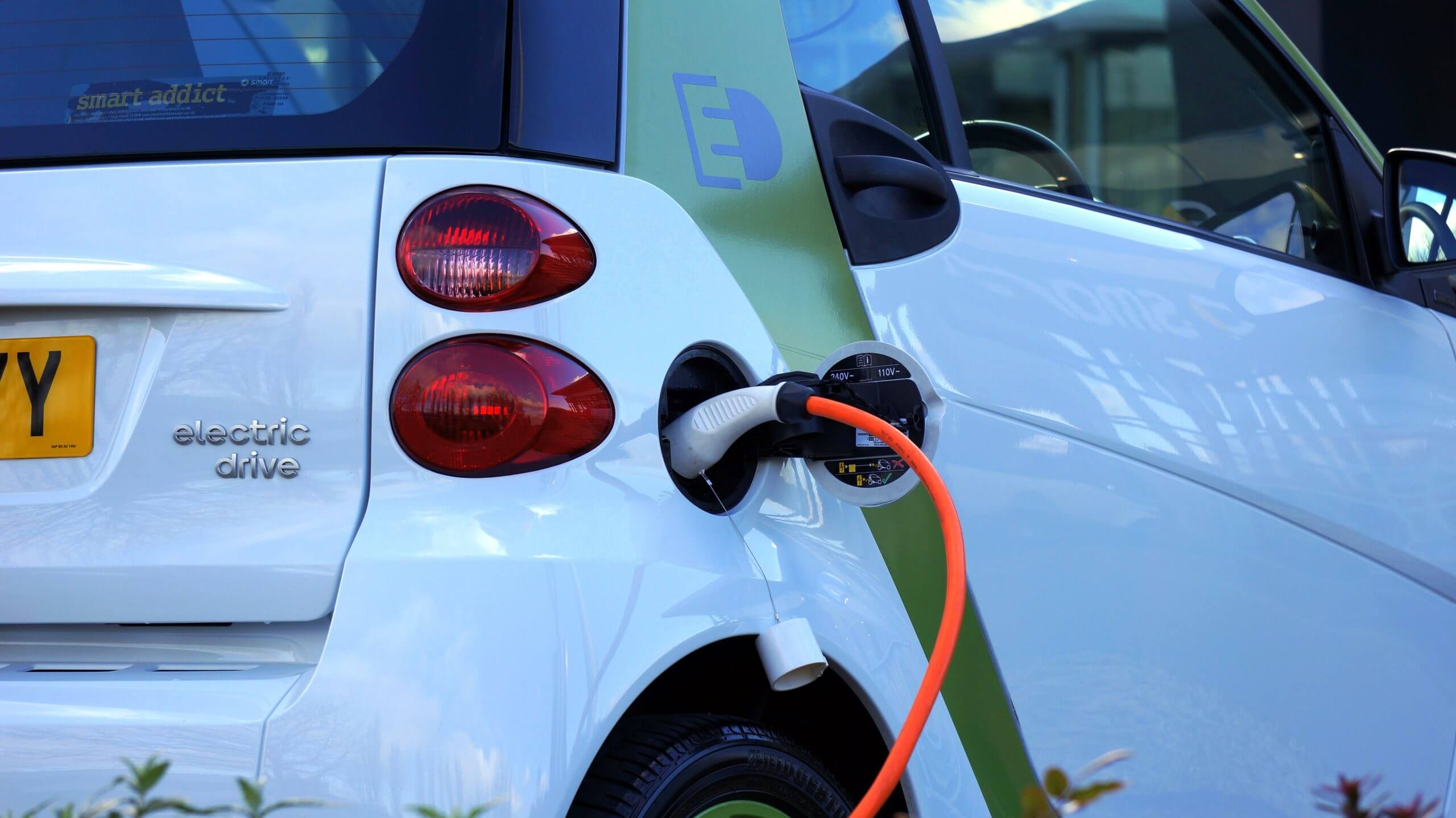The Future of Education: Navigating Trends Shaping Tomorrow’s Classroom

Education, the cornerstone of human progress, is in the midst of a remarkable transformation. The relentless march of technology, evolving pedagogical approaches, and changing societal needs are reshaping the very foundations of our classrooms. As we stand at the precipice of the future of education, it’s imperative to explore the trends that are propelling this evolution. In this article, we’ll delve into the exciting changes that are shaping the classroom of tomorrow.
The Digital Learning Revolution
Digitalization is not just a trend; it’s an irreversible transformation. The advent of technology has turned traditional classrooms into dynamic digital hubs. From interactive whiteboards to virtual reality simulations, the digital revolution has made learning more engaging and accessible.
Educational platforms and apps are now as ubiquitous as textbooks. Students can access a world of knowledge with a few clicks, making learning a personalized experience. The integration of AI and machine learning in educational software personalizes learning paths, adapting to each student’s pace and style. The future classroom will see an even deeper integration of these technologies, creating a seamless blend of human and artificial intelligence.
Lifelong Learning: The New Normal
In the future, education won’t have an expiry date. The concept of lifelong learning is taking center stage. Rapid advancements in various fields demand that individuals continually acquire new skills and knowledge to stay relevant in the job market. Whether you’re a recent graduate or a seasoned professional, continuous learning will be your ticket to success.
Traditional degrees will coexist with micro-credentials and online courses. Employers will value not just your formal education but your ability to adapt and learn on the go. The classroom of tomorrow will extend beyond the physical walls of educational institutions, with online courses, workshops, and virtual mentorships becoming commonplace.
Inclusivity and Diversity: A Must-Have
The future of education is not just about technology; it’s about inclusivity and diversity. Tomorrow’s classroom will be a reflection of the world’s multicultural fabric. Instructors are recognizing the importance of culturally responsive teaching, ensuring that education is accessible and relevant to all students, regardless of their background.
Environmental Education: A Growing Imperative
Climate change and environmental issues are no longer distant concerns. They are pressing, immediate challenges that demand our attention. In response, the classroom of tomorrow will emphasize environmental education. Sustainability will be integrated into curricula across subjects, creating a generation of environmentally conscious citizens.
The Teacher’s Evolving Role
As technology becomes an integral part of education, the role of the teacher is evolving. Educators are no longer just disseminators of information; they are facilitators of learning. The teacher of the future will guide students in critical thinking, problem-solving, and creativity, skills that are indispensable in an ever-changing world.
Conclusion
In conclusion, the future of education is an exciting frontier marked by digitalization, lifelong learning, inclusivity, environmental consciousness, and the evolving role of teachers. Embracing these trends is not an option; it’s a necessity for preparing our youth for the challenges and opportunities of tomorrow. So, as we stand on the brink of educational transformation, let’s remember that the future belongs to those who are ready to learn, adapt, and grow.











